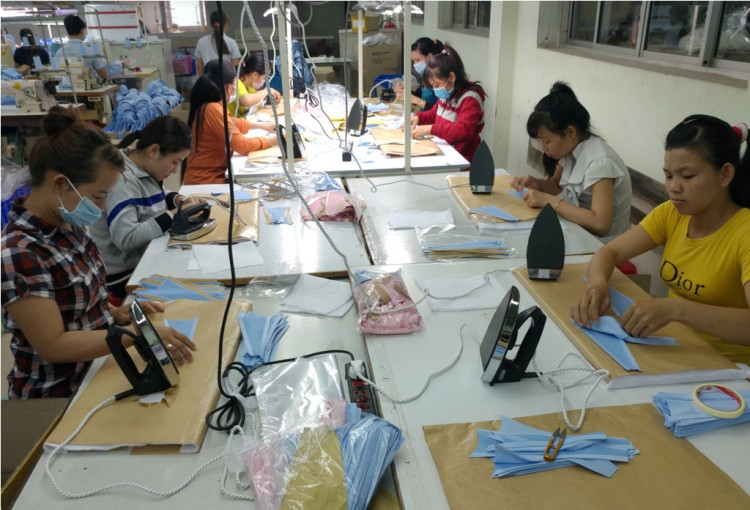Vietnam's Ho Chi Minh City continues to push for its goal of becoming a regional economic leader in Southeast Asia and while it is not yet a megacity like other cities in China and the U.S., analysts believe that it is getting close to its destination.
According to the Vietnam Briefing, Ho Chi Minh already recorded a population of 8.7 million by the end of 2018. To become a megacity, the Vietnamese city has to exceed a population of 10 million on basic terms.
Aside from its ballooning population, Ho Chi Minh also sees around 200,000 to 400,000 people migrating from village regions on a yearly basis. Economic experts believe that the city will soon reach the 10 million mark due to migration and other developments that will entice business investments.
The outlet noted that Ho Chi Minh has been a suitable choice for technology firms that aim to penetrate the Vietnamese economy. The city is home to some of the country's top-performing tertiary schools and it also has research facilities that tech giants may find interest in.
The Vietnamese town has been a key driver in the country's overall economic development over the past couple of years. Records from 2018 revealed that the city accounted for around 22 percent of Vietnam's total national GDP.
Ho Chi Minh also has a bustling business environment that has overtaken Hanoi in terms of new business registrations. The city recorded 44,000 business startups in 2018, reflecting the potential it has to offer for both local and international investors.
The local government already has a number of plans that will help propel Ho Chi Minh towards becoming a recognized megacity that could compete with cities in other Asian countries. One of these is its plans for smart technology.
Multiple reports stated that Vietnam will work to turn Ho Chi Minh into the country's first smart city by 2020. As part of the efforts, the government teamed up with Microsoft in the development of smart IT platforms that will address the city's existing issues on social security and licensing procedures.
The city's government also announced plans to transform Ho Chi Minh into an international gateway that will cater to trade exchanges in southern parts of the country. In addition, the city will continue developing transportation systems and infrastructure to achieve its goals in economic dominance.
The government has already kicked off cashless payments on public buses last week, the Phnom Penh Post reported. The move was made to encourage commuters to utilize the bus system. Feedback from consumers will later be assessed so authorities will know how to improve the service.






